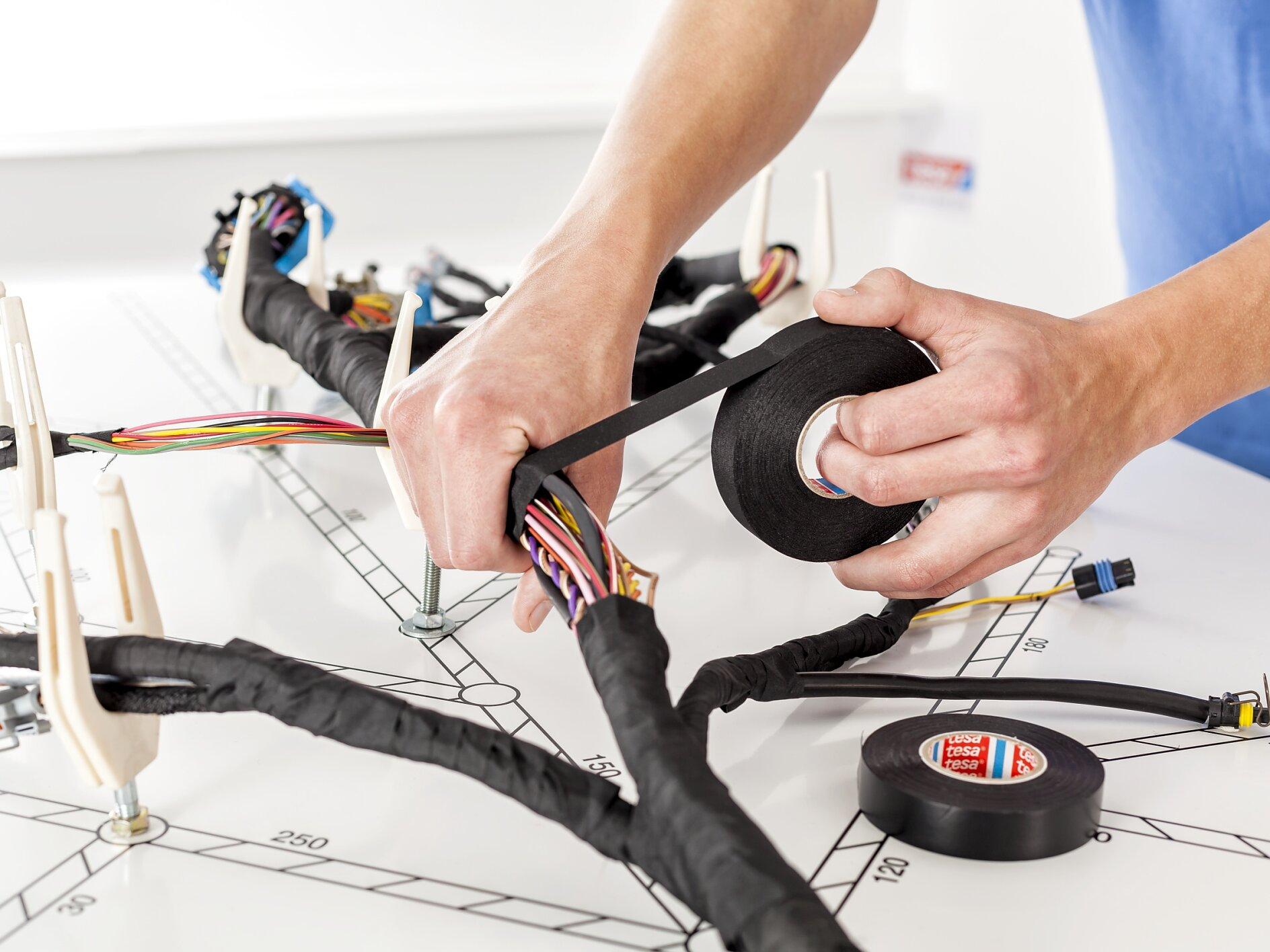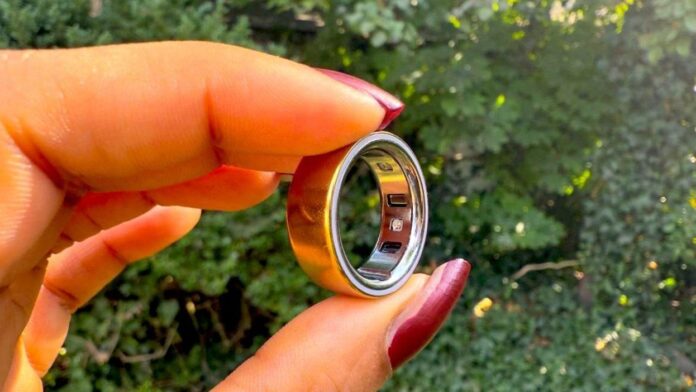In a world where health and wellness have become paramount, the pursuit of understanding our bodies has taken on new forms and dimensions. Enter the Oura Ring, a sleek, intelligent piece of technology that not only tracks sleep patterns and readiness scores but also adds a fresh layer to our relationships. While the ring’s individual capabilities are often celebrated, its potential to enhance couple dynamics—through shared insights into well-being—remains largely unexamined. As partners navigate the intricacies of life together, the ability to compare readiness scores and sleep data can foster deeper conversations and mutual support. This article delves into the engaging intersection of love and health, exploring how the Oura Ring can serve as a tool for couples to unlock new levels of understanding and connection in thier journeys toward wellness.
Exploring the Science Behind Oura Ring’s Readiness Scores for Couples
The Oura Ring’s Readiness Score is derived from a sophisticated analysis of various physiological markers that inform individuals about their overall health and preparedness for the day. For couples utilizing this technology,the comparison of each partner’s scores can unveil fascinating insights into their shared lifestyle choices and their impact on each other’s health. Key metrics influencing the readiness score include:
- Resting Heart Rate: A lower resting heart rate typically indicates a state of recovery and fitness.
- Heart Rate Variability: This reflects your body’s resilience to stress and can vary substantially between individuals.
- sleep Quality: Quality sleep not only impacts mood but also physical readiness.
- Activity Levels: Daily activity contributes to overall wellness, and how couples balance exercise can manifest in their respective scores.
When these scores are shared, couples can identify patterns and possibly correlate their lifestyle habits with their physical readiness. For instance, a couple might notice that after a week of poor sleep, both their readiness scores dip significantly, prompting a discussion on the need to prioritize restful nights together. To illustrate this relationship, consider the following table of hypothetical readiness scores:
| Day | Partner A Score | Partner B Score |
|---|---|---|
| Monday | 78 | 82 |
| Tuesday | 75 | 77 |
| Wednesday | 80 | 76 |
| Thursday | 73 | 78 |

Unveiling Sleep patterns: A Comparative Analysis of Couples’ Data
In the quest to understand how couples synchronize their sleep patterns, the Oura Ring stands out as a powerful tool. Analyzing the readiness scores from each partner reveals intriguing insights into their individual and collective well-being. Couples frequently enough display similar trends, yet distinct behavioral nuances emerge. for example, while one partner may excel in achieving deeper sleep, the other could be actively enhancing their readiness through mindfulness practices.The comparison highlights various factors affecting their sleep quality:
- Sleep Duration: Total hours spent sleeping, influenced by lifestyle.
- Sleep Efficiency: The ratio of time spent asleep versus the time in bed.
- Heart Rate Variability: Indicates stress levels and recovery.
- Restorative Sleep: proportions of deep and REM sleep.
When evaluating couples’ data, certain patterns become evident in the shared environment that influences sleep. As a notable example,a side-by-side examination of two partners’ sleep scores can reveal how external factors such as shared bed schedules or lifestyle commitments play a pivotal role in shaping their rest. Here’s a speedy comparison of two hypothetical couples:
| Couple | partner A Readiness Score | Partner B Readiness Score | Avg. Sleep Duration (hrs) |
|---|---|---|---|
| John & Sarah | 85 | 78 | 7.5 |
| Mike & Emma | 90 | 82 | 6.9 |

Harnessing Insights: How to Optimize Health and Wellness Together
when couples embark on their wellness journey using Oura Rings, they unlock a treasure trove of insights that can elevate both partners’ health. By analyzing **Readiness Scores**, couples can identify patterns in their daily activities, revealing how lifestyle choices affect each individual’s readiness to tackle the day. Engaging in open discussions about these scores can foster accountability, encouraging both parties to prioritize their physical and emotional well-being. Consider the following approaches to optimize your health together:
- **Create joint wellness goals** based on Readiness Scores.
- **Compare sleep data** to understand each other’s sleep patterns.
- **Designate a wellness day** where both partners engage in light activity or relaxation techniques.
The power of data doesn’t stop with readiness; analyzing sleep data offers another layer of insight. Couples can examine sleep schedules side by side to uncover how factors like bedtime routines, room environment, and stress levels influence their sleep quality. A simple table comparing each partner’s average sleep duration, sleep efficiency, and disturbances can be enlightening:
| Metric | Partner A | Partner B |
|---|---|---|
| Average Sleep duration | 7 hours 30 minutes | 6 hours 45 minutes |
| Sleep Efficiency | 85% | 78% |
| Nights with Disturbances | 2 | 3 |
By mapping out this data, couples can collaboratively improve their sleep environment or adjust their habits, making strides toward shared wellness. Understanding how individual behaviors impact one another lays the foundation for a healthier, more connected partnership.

Building Stronger connections: Using Oura Insights for Relationship Growth
Utilizing the Oura Ring’s insights can significantly enhance communication and empathy within a relationship.By comparing readiness scores and sleep data, couples gain a unique lens through which to understand each other’s physical and emotional states.Factors such as **heart rate variability** and **sleep quality** provide not only individual health insights but also serve as discussion points for nurturing connection. Consider these aspects:
- Readiness Scores: This metric reflects overall wellness, indicating when one partner may need extra support or understanding.
- Sleep Patterns: Identifying irregular sleep can prompt discussions about stressors affecting well-being, leading to shared solutions.
- Timing of Interactions: By being aware of each other’s readiness levels, couples can time conversations or activities for better emotional engagement.
Furthermore,aligning your approaches to personal health can foster a supportive environment. By sharing data, couples can work together to improve habits that affect both physical and mental wellness. For example, create a weekly check-in to discuss your scores, sharing what you learned and how you can help each other thrive. Here’s a simple way to visualize your sleep patterns over the week:
| Day | Partner 1 Sleep Score | Partner 2 sleep Score | Comments |
|---|---|---|---|
| Monday | 78 | 85 | Good night for both! |
| Tuesday | 65 | 70 | Some stress from work. |
| Wednesday | 80 | 90 | Excellent recovery. |
| Thursday | 70 | 75 | Late appointment affected sleep. |
| Friday | 85 | 80 | Relaxing weekend upcoming! |
wrapping Up
As we’ve explored the intricacies of the Oura Ring for couples, it becomes evident that this innovative piece of technology serves not only as a tool for individual health but also as a bridge to deeper connection. By comparing readiness scores and sleep data, couples can unlock a new level of understanding about each other’s well-being, all while enjoying a shared journey toward better health.
Weather you’re looking to enhance your daily routines, support one another’s sleep hygiene, or simply foster a culture of wellness within your relationship, the insights garnered from your Oura Rings can illuminate the path forward. In this age of personalized health metrics, the strength of your bond may very well be reflected in your daily data.
Ultimately, the Oura Ring is more than just a gauge of readiness; it’s a conversation starter, a source of motivation, and a reminder that nurturing your body’s needs is a vital part of nurturing your relationship. So, strap on those rings, sync your data, and embrace the potential for growth together—because when it comes to love and health, two is often better than one.


